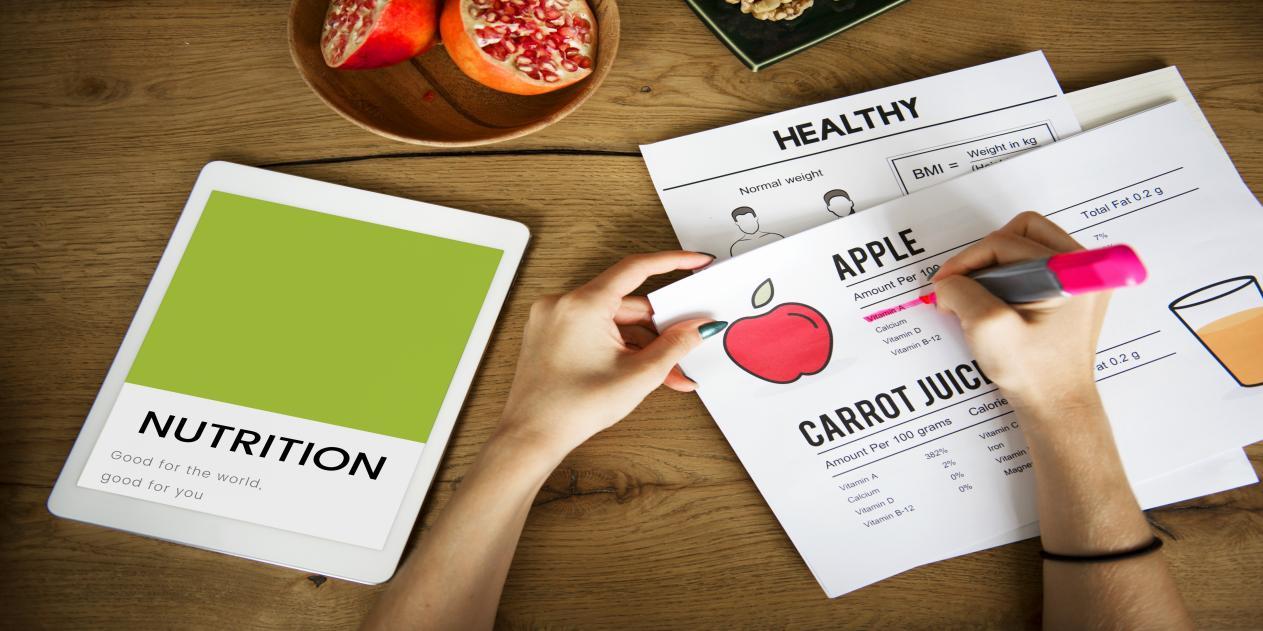
At Prestige Personalised Training, we recognise that achieving fitness goals isn’t just about exercise—it’s also about fueling your body correctly. This post explores essential nutritional strategies that complement your training regimen, ensuring that every workout counts. From macronutrients to hydration, learn how to nourish your body to support recovery, enhance performance, and improve overall health.
Your fitness journey should start with a solid understanding of macronutrients: proteins, carbohydrates, and fats. Each has an individual role when it comes to the body functions.
Hydration is crucial for optimal fitness performance. Water regulates temperature of your body and helps transport nutrients to give you energy.
When and what you eat can affect your workout effectiveness and recovery:
Supplements can support your fitness goals but should never replace a balanced diet.
Continuing our discussion on nutritional guidance tailored for fitness enthusiasts at Prestige Personalised Training, let’s delve deeper into how you can optimise your diet to fuel your workouts and enhance recovery. The appropriate diet can have a big impact on your performance regardless of your level of experience as an athlete or where you are in your fitness journey.
Different fitness goals and workouts require tailored nutritional approaches to maximise performance and outcomes:
Managing your weight effectively involves understanding the balance between energy intake and expenditure. Here’s how to structure your diet:
While macronutrients get much of the attention in fitness nutrition, micronutrients play critical roles in overall health and performance:
Post-workout nutrition is pivotal in how quickly and effectively your body recovers:
At Prestige Personalised Training, we are dedicated to guiding you through every aspect of your fitness journey, including optimising your nutritional intake for maximum performance and health. Understanding the synergy between diet and exercise can elevate your results, whether you’re looking to gain muscle, increase endurance, or improve overall fitness. Explore our website for more insights, and contact us today to learn how we can personalise a training and nutrition plan just for you. Let’s achieve greatness together!
A meal rich in complex carbohydrates and protein, like a banana with almond butter or a small chicken and quinoa salad.
Very important; it helps repair and build muscle tissue.
Yes, staying hydrated is crucial for maintaining peak performance and preventing fatigue.
Not necessary, but they can be beneficial in meeting nutritional gaps or specific fitness goals.
Include a variety of nutrients in your meals, focusing on macronutrient balance and adequate micronutrients.
Prestige Personalised Training is a premier health and wellness service dedicated to helping clients achieve their fitness goals through a personalised and holistic approach.